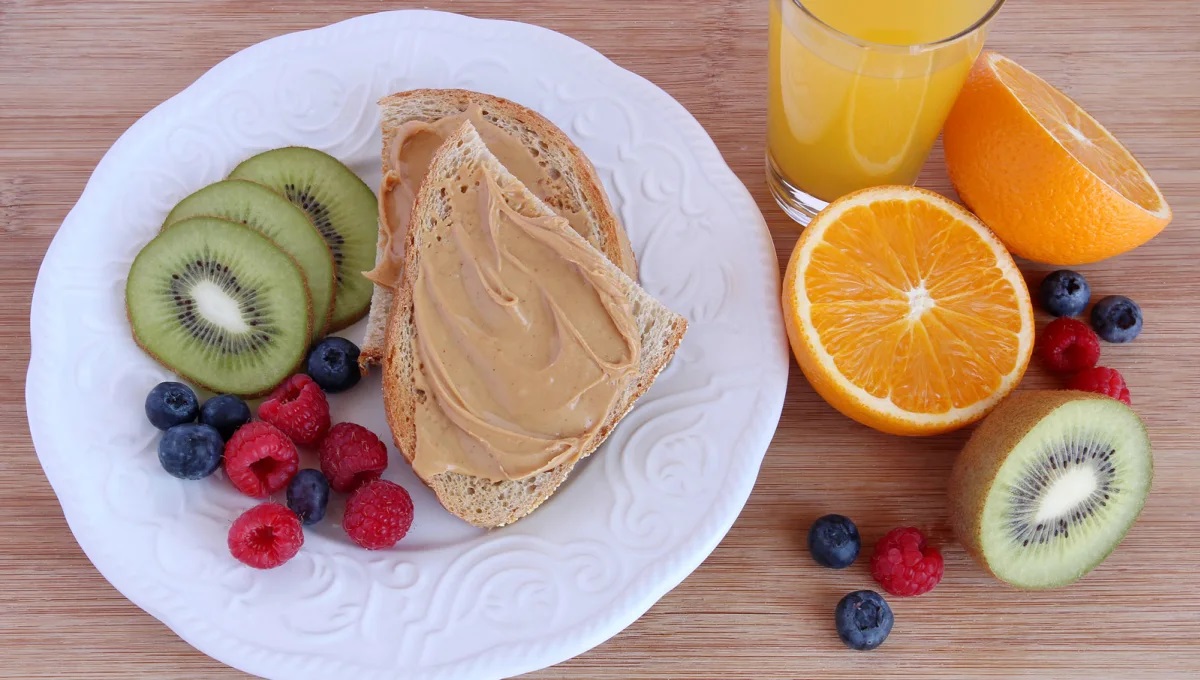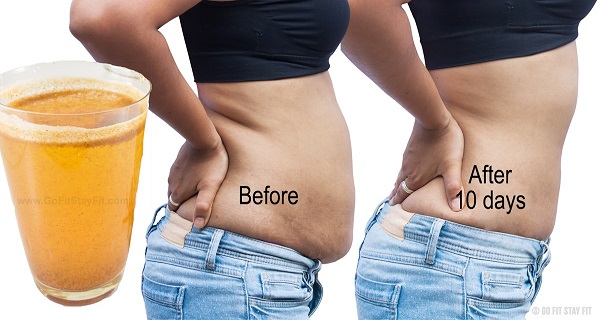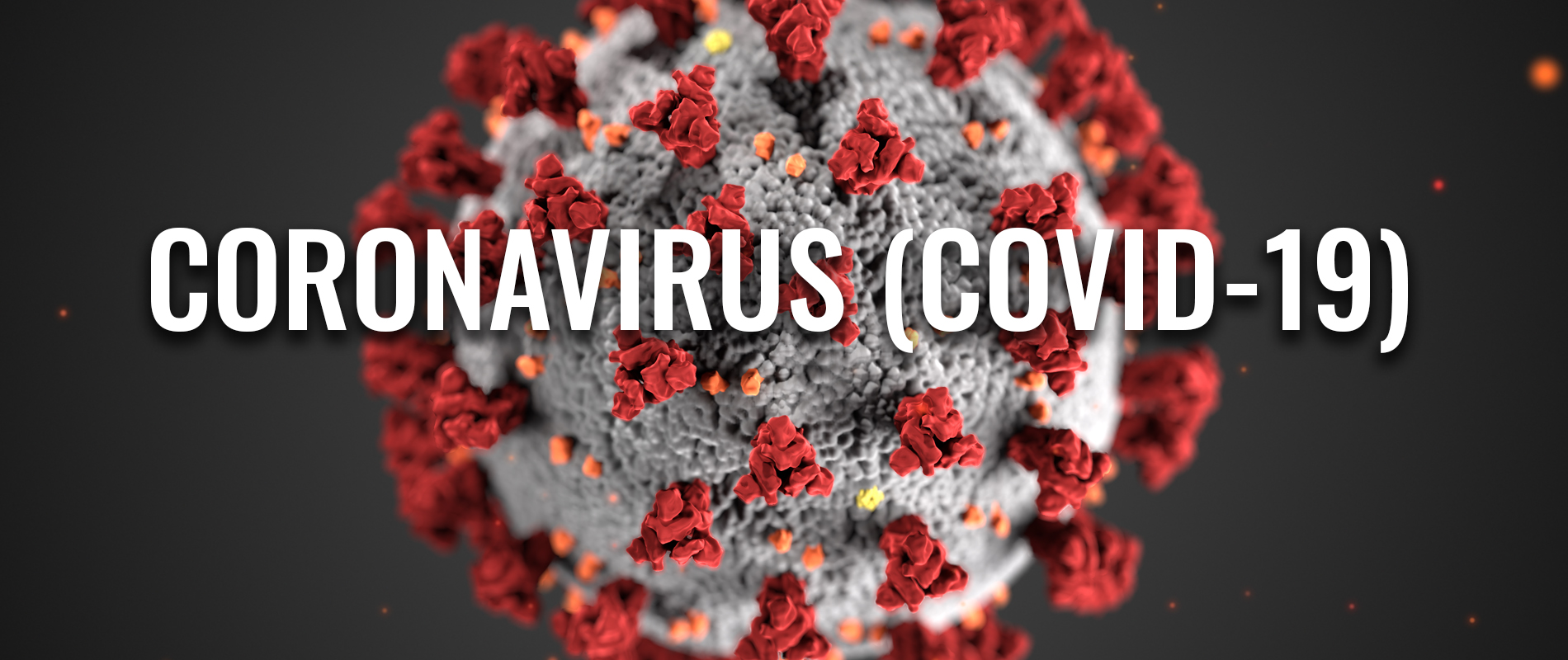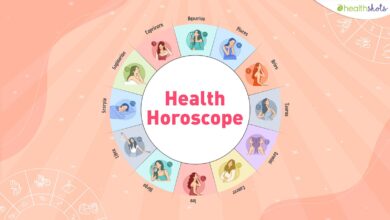
Can the Right Diet Help With ADHD Management?
Have you ever wondered whether certain foods might actually cause challenges in your ADHD management? If so, you’re not alone. In fact, scientists also are curious about this and have done years of research on a possible ADHD diet. Yet despite a growing body of research, it’s still not crystal clear what role diet plays in childhood ADHD. And it’s even less clear what impact diet has on adult ADHD, since most research to date has been done in children.
Still, if you’re curious about whether eliminating certain foods from the diet or adding others might help management of your ADHD symptoms — like hyperactivity, sleep disturbances, difficulty focusing, or irritability — read on. We’ve outlined the dietary modifications and food for ADHD that are being actively researched, as well as some early study results.
Foods You May Want to Nix
Artificial coloring, flavorings, and preservatives: In the early 1970s, a researcher by the name of Benjamin F. Feingold asserted that foods containing artificial colors, flavors, and preservatives may exacerbate hyperactivity and other behavioral symptoms of ADHD. But his claims were based on just a handful of small observational studies, so they were not fully substantiated. Studies done since Feingold’s time have produced conflicting results. But still, a handful have found that the elimination of certain additives and colorings helped minimize hyperactivity in a certain percentage of kids with ADHD. While other studies have shown that having certain artificial preservatives (sodium benzoate, BHA, and BHT), artificial flavors (vanilla), and artificial sweeteners (aspartame and saccharin) in the diet made symptoms worse.
Salicylate-containing foods: Feingold also claimed that foods rich in salicylates — such as almonds, grapes, tomatoes, and cucumbers — might exacerbate hyperactivity in children with and without ADHD. Once again, subsequent study findings conflicted with Feingold’s research. But some experts do think that when children with ADHD have sensitivities or allergies to salicylate-rich foods, it might be helpful to eliminate them. Allergy testing could help pinpoint who is sensitive to salicylates.
The “few foods” diet: Another type of elimination diet that has been the subject of great controversy is the “few foods” diet. It eliminates non-salicylate-containing foods (as well as foods with artificial additives). That means no eggs, milk, chocolate, soy, corn, wheat, or legumes. While some studies have shown an improvement of ADHD symptoms with the elimination of these foods, the improvement occurred predominantly in kids with sensitivities or allergies to those items.
Sugar: Contrary to popular belief, a host of studies have pretty much debunked the myth that sugar causes or aggravates hyperactivity or other symptoms of ADHD. But that doesn’t mean that limiting candy, soft drinks, cookies, and other sugary treats from the diet is a bad thing. Eating too much of the sweet stuff can cause blood sugar to spike, then crash, making it harder to concentrate and focus. And we all know that excess sugar in the diet is a quick way to pack in calories and pack on pounds.
The Western diet: Recent findings from a large 14-year study suggest that a “Western” diet may be associated with a higher risk of developing ADHD compared with a “healthy” diet. The difference? A Western diet — popular in the United States and other Western cultures — is high in refined grains, soda, and saturated fat-containing foods like red meat, dairy, and fried foods. But the healthy diet? It’s packed with all of those good things we already know are a boon to health — things like fresh fruit, vegetables, whole grains, and lean protein choices, such as fish or beans.
Omega-3 fatty acids: Polyunsaturated fatty acids, like omega-3 and omega-6, are thought to play a critical role in proper brain development and cognitive function. But some studies have found that both children and adults with ADHD are often low in omega-3 fatty acids. And a few studies suggest that boosting blood levels of these healthy fats may improve attention and learning in children with ADHD. To get more omega-3 fats, you’ll need to put things like fish, walnuts, avocados, and canola and olive oils on the menu.
Zinc: Zinc is an essential mineral that helps heal wounds and keeps the immune system strong. But it may also be key for people with ADHD, because it helps maintain levels of certain brain neurotransmitters — including dopamine, a brain hormone thought to play a role in regulating hyperactivity. But talk to your doctor about dosing if you decide to take a supplement.
Magnesium: Research shows that children with ADHD often are deficient in magnesium. Although the reasons for this are not clearly understood, studies suggest increasing magnesium intake in children with ADHD may help improve attention, hyperactivity, and impulsivity. Talk to a doctor about a safe supplement dose for your child, or about dietary changes that will increase magnesium intake safely.
Organic foods: Although it’s not confirmed with enough research, some studies have suggested that exposure to mercury, pesticides, lead, and other toxins found in foods and the environment may be linked to the development of ADHD or the aggravation of symptoms. And if any of it turns out to be true, then a diet consisting of organic foods could be helpful.
Be Smart and Use Good Judgment
Although research suggests that at least some people with ADHD may benefit from adding or eliminating certain foods, keep in mind that much of the research is in the early stages or simply too contradictory to be sure there will be any benefit. So if you decide you’d like to try altering your diet, be smart and be safe about it. Talk with your doctor about any changes you’d like to make in order to be sure you aren’t creating nutritional deficiencies or endangering your health with a toxic amount of something you intend to take. And whatever changes you make, track your diet and your symptoms in a food journal so you and your doctor can observe any changes.
Regardless of what the research says about ADHD and diet, a healthy, balanced, nutritious eating plan is a must for anyone dealing with a chronic condition. Because when your body is healthy and well fed, you’re more likely to have the energy and focus you need to meet challenges head-on.






